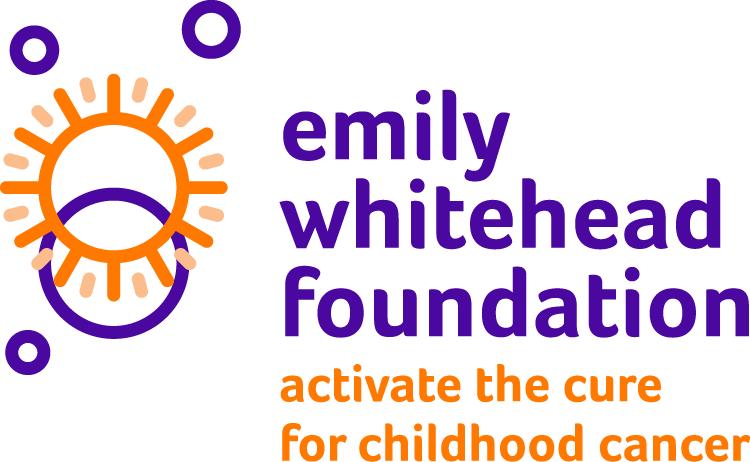Laboratory-Treated (Central Memory/Naive) CD8+ T Cells in Treating Patients With Newly Diagnosed or Relapsed Acute Myeloid Leukemia
Leukemia
0-9 years 10-17 years 18-26 years 27 years and older
1 2
 Genetic
Genetic
Autologous WT1-TCRc4 Gene-transduced CD8-positive Tcm/Tn Lymphocytes
 Biological
Biological
Aldesleukin
Condition: Acute Myeloid Leukemia, EBV-Positive Neoplastic Cells Present, HLA-A*0201 Positive Cells Present, Minimal Residual Disease
This phase I/II trial studies the side effects of laboratory-treated (central memory/naive) cluster of differentiation 8+ T cells (autologous Wilms tumor [WT]1-T cell receptor [TCRc]4 gene-transduced CD8-positive central memory T-cells [TCM]/naive T cells [TN] lymphocytes) and how well it works in treating patients with acute myeloid leukemia that is newly diagnosed or has come back. Genetically modified therapies, such as autologous WT1-TCRc4 gene-transduced CD8-positive TCM/TN lymphocytes, are taken from a patient’s blood, modified in the laboratory so they specifically may kill cancer cells with a protein called WT1, and safely given back to the patient. The “genetically modified” T-cells have genes added in the laboratory to allow them to recognize leukemia cells that express WT1 and kill them.
Sponsor/Collaborators:
Fred Hutchinson Cancer Research Center, National Cancer Institute (NCI)
